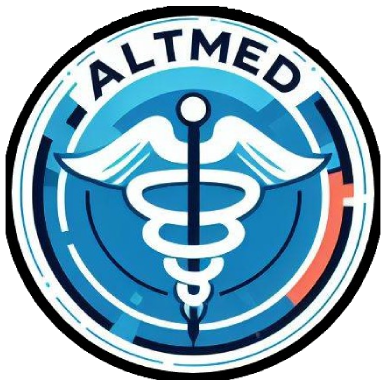Introduction:
Peyrovian et al.’s 2020 review in the Journal of Psychiatric Research summarizes registered clinical trials evaluating ketamine for psychiatric disorders. The study underscores ketamine’s emergence as a versatile agent in addressing treatment-resistant mental health conditions, providing insights into its therapeutic potential and ongoing research directions.
Key Points for Providers:
- Therapeutic Indications:
- The majority of trials target treatment-resistant depression (TRD), followed by bipolar depression, PTSD, and suicidality.
- Investigations extend to anxiety disorders, OCD, and substance use disorders, reflecting ketamine’s broad neuropsychiatric potential.
- Mechanism and Rapid Action:
- Ketamine’s NMDA receptor antagonism promotes glutamatergic modulation, enhancing synaptic plasticity and neural resilience.
- Its rapid antidepressant effects address unmet needs in acute psychiatric crises, especially suicidality.
- Administration and Safety:
- Trials primarily involve IV infusions, but interest in intranasal esketamine and oral formulations is growing.
- Common side effects include dissociation, hemodynamic fluctuations, and transient cognitive effects. Safety protocols ensure close monitoring.
- Research Trends:
- Studies increasingly explore ketamine’s long-term effects and optimal dosing regimens.
- The review highlights gaps, such as underrepresentation of certain populations, including older adults and those with comorbidities.
The VitalPoint for Providers:
Ketamine’s rapid efficacy in severe psychiatric conditions marks a paradigm shift in psychopharmacology. Its potential extends beyond depression, with ongoing trials likely to refine protocols and expand indications. Providers should remain updated on evolving evidence to incorporate ketamine safely and effectively into practice.
Further Resources:

